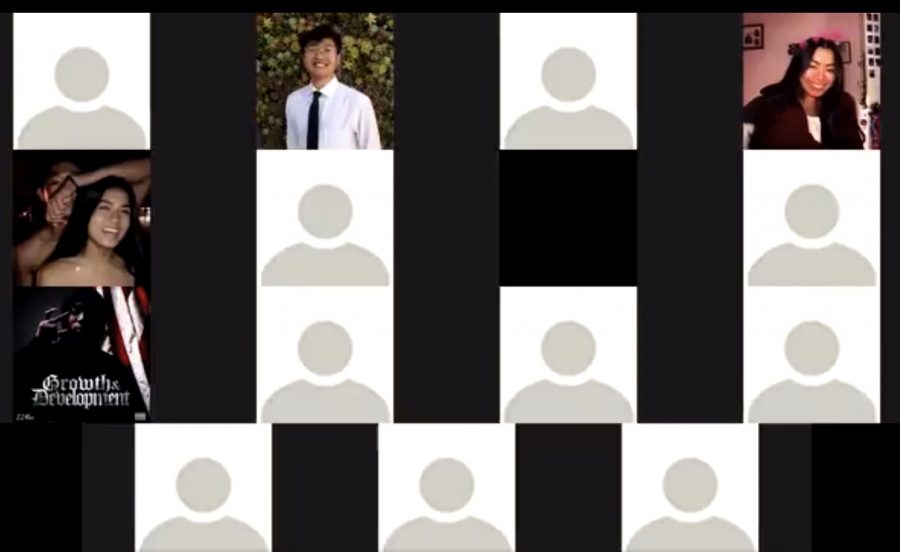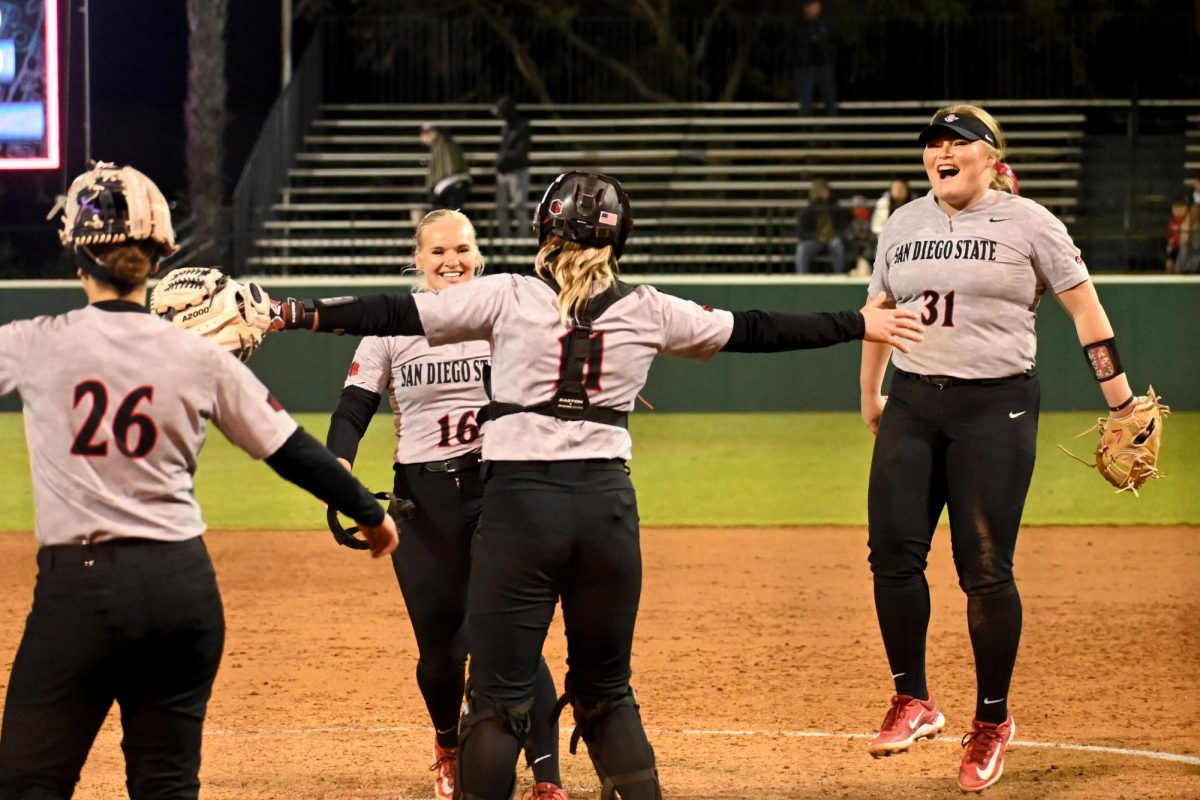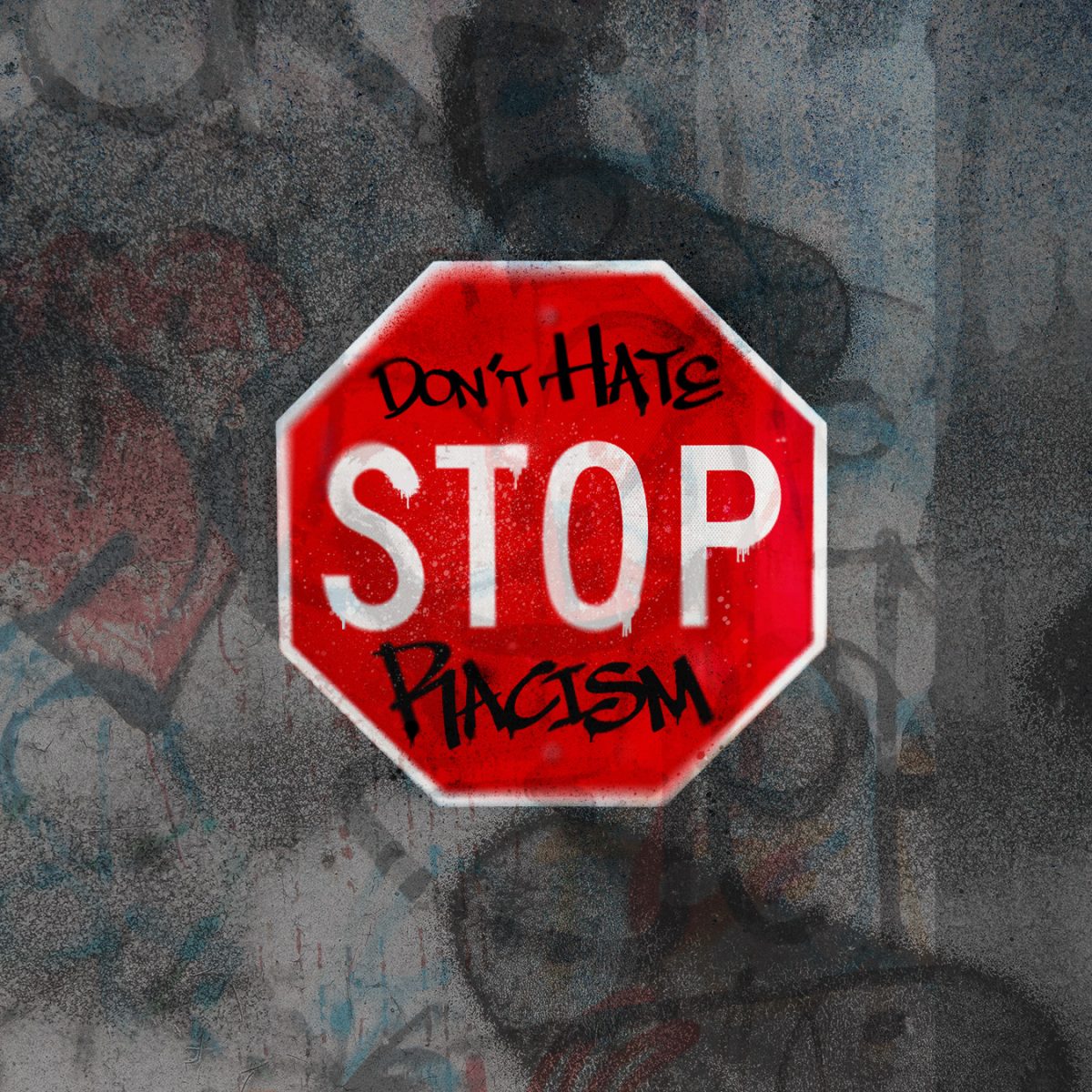Nearly 30 minutes into a Zoom Q&A meeting on Friday night, about 45 members of Andrés Bonifacio Samahan — a Filipinx cultural organization at San Diego State — were suddenly interrupted by a group of unknown individuals yelling racial slurs and claiming others on the call “have the coronavirus” because they are Asian.
The “zoom bombers” who interrupted the call logged in and out over a span of five minutes and shocked members on the call, Lana Bautista, chair of AB Samahan SDSU, said.
We were having our Q&A Night for board elections and multiple random users joined the call. They interrupted with inappropriate comments pertaining to the virus and one continued to mock the Chinese language. It was horrifying. pic.twitter.com/RhSheSByCh
— lana (60%) (@_baetista) April 11, 2020
“It was so random to hear these voices that were so unfamiliar and they were being so disruptive and they all came in at the same time,” Bautista said. “I felt violated.”
Zoombombing, which is the term used to describe a new form of online harassment in which videoconferences are hijacked and attackers post hate speech and other offensive content, has become more common in recent weeks as the nation’s universities moved to online learning. This is the first instance reported at SDSU, however, the true extent of these kinds of incidents among SDSU students is currently unknown.
Following the incident, Bautista and other members that were present on the call took to Twitter to talk about their experience and received an outpouring of support from community members, Bautista said.
“People really think it’s funny to invade Zoom calls and flood them with racial slurs and remarks,” Bautista wrote on Twitter.
Through these tweets, Bautista was put in touch with SDSU’s Office of Diversity and Inclusion and was able to file a report with the university.
While still shaken up by the whole experience, Bautista said she sees it as a way to start a broader conversation and bring people into a dialogue about xenophobia and racism against Asians and other minorities as a result of the rhetoric surrounding the coronavirus pandemic.
“What I want people to take away from this experience is that we shouldn’t disregard small comments,” Bautista said. “We shouldn’t let microaggressions pass. If we see something wrong we should deal with it on the spot and make sure people realize what effect their actions have.”
On Saturday evening, in a statement posted on Instagram, Associated Students expressed support for the Asian-American and Pacific Islander community at SDSU.
“We do not tolerate any form of xenophobia or racism,” the statement read. “We must continue to dispel ignorance when we see it and continue to support our community during these unprecedented times.”















